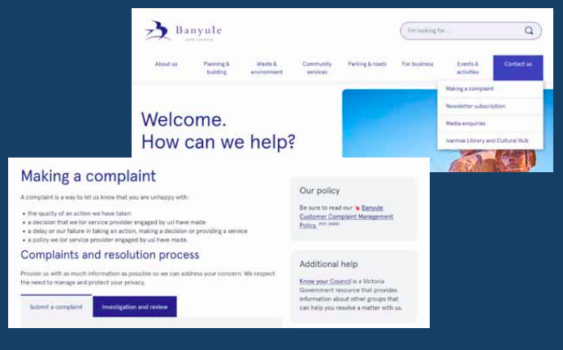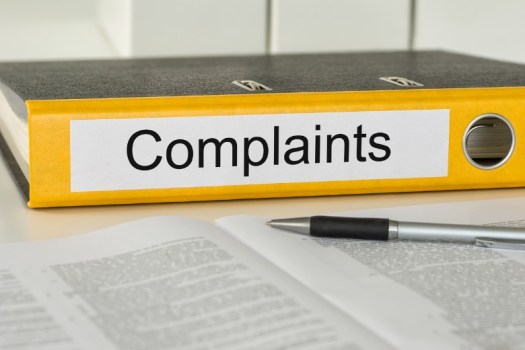
The Victorian Ombudsman has released an updated guide to help councils deal with complaints, which it describes as a “core business” for local government.
The second edition of the Councils and Complaints – A good practice guide, incorporates the new provisions of the Local Government Act.
“Complaint handling is core business for councils”, the guide says.
However while there is no single effective approach to managing them, councils should view complaints as free feedback about how to improve their service and build a positive culture around complaint handling.
The guide provides practical tools and self-assessment resources for councils as well as real-life examples of good practice from councils around the state.
It also deals with traps to avoid, what to do when a complaint can’t be resolved and how to handle ‘challenging’ and ‘unreasonable’ behaviour by complainants.

Human rights
The guide reminds councils that they are obliged under the Victorian Charter of Human Rights and Responsibilities Act to apply a human rights lense when dealing with complaints.
“Victorian councils must act in a way that is compatible with a person’s human rights,” the guide says.
“In relation to complaints, this can be achieved by ensuring a person can engage meaningfully with the council.”
This can be achieved by:
- Accepting complaints through multiple channels
- Offering access to translation and interpreter services
- Providing accessible information
- Actively helping people to complain
- Providing easy English factsheets
- Accepting complaints from an authorised third person if needed
Complaint or service request?
The guide also deals with the vexed question of ‘complaints’ versus ‘service requests’.
For example, the ombudsman says previous investigations have shown that when residents say their bins haven’t been collected some councils regard this a “service request” rather than a complaint.
But this raises a number of issues.
“The 2020 Act implies complaints should be taken at face value,” the ombudsman says.
“Describing a ‘complaint’ as a ‘service request’ undermines data collection and analysis and opportunities to improve customer service will be missed”.
Comment below to have your say on this story.
If you have a news story or tip-off, get in touch at editorial@governmentnews.com.au.
Sign up to the Government News newsletter



